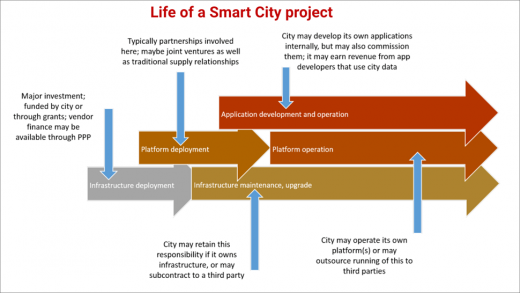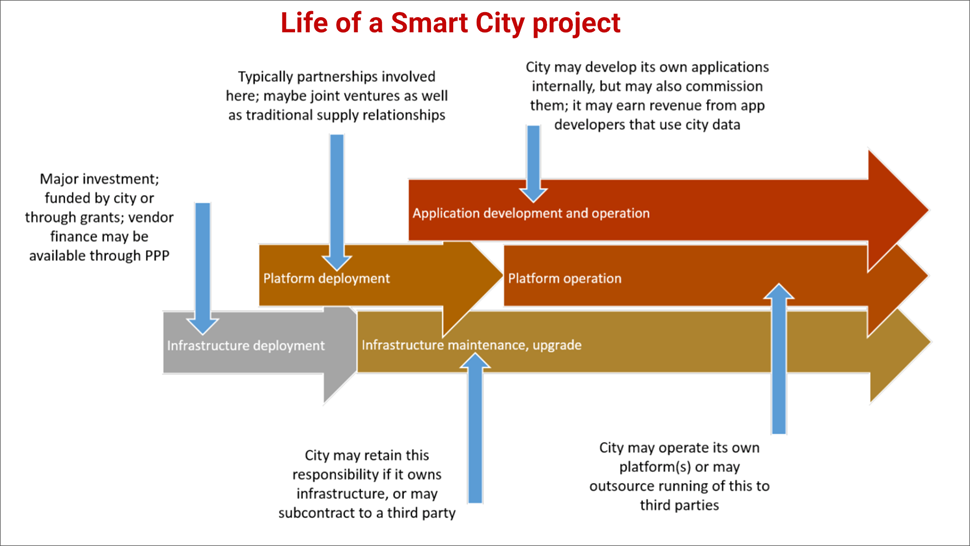Are telecoms being overlooked in smart city deployments?
Are telecoms being overlooked in smart city deployments?

Communications and networking might be overlooked by smart cities, missing out on the potential capabilities of partnering with telecoms to build “heterogeneous networks” that deliver service to multiple platforms.
The Global Mobile Suppliers Association (GSA) claims — in its latest report titled “The Central Role of Telecoms in the Smart City” — that emerging technologies like the Internet of Things and big data require a new relationship between authorities, service providers, and the telecoms, which GSA is starting to see on some smart city projects.
See Also: Chinese think tank wants to improve cities using U.S. services
“It is clear that many cities — not just the largest megacities — are keen to use ICT to achieve specific aims within their smart city agendas, but that they don’t always know how best to make use of the multiple networking technologies and services that can help,” said director at Innovation Observatory, Danny Dicks, who wrote the report. “There is a role for service providers and vendors here, but all parties must recognise the impact of city procurement processes, and of the financial models that govern capital infrastructure and operations.”
The report says that smart cities look for optimal ways of funding the deployment of new technology, suggesting in a infographic (see below) public-private partnerships (PPP) or central government funding.

Cities don’t need to do all the heavy lifting themselves
As the above infographic shows, sometimes partnering with a company like IBM or Google, instead of city officers handling all the workload themselves, might cost much less and bring more inventive solutions.
“NFV, SDN and network slicing developments for 4G, LTE Advanced, 4.5G and 5G systems mean network operators are better able than before to tailor services to the multiple specific requirements of different smart city applications, including high-availability connections for critical applications,” said VP of research at GSA, Alan Hadden. “But it is likely, given that cities often consider building their own infrastructure, that vendors and operators will need to be flexible in the business models they suggest.”
An Alphabet subsidiary, Sidewalk Labs, has apparently been in talks with city leaders in the United States about rejuvenation projects. The company would supposedly handle most of the expenses, in return for lower regulations and more access to public infrastructure.
That could be a big change in the dynamic for technology and city leaders, where the company takes over most of the project, including expenses and shortfalls. The problem for city leaders is if the project fails, they will be the first to hear about it and might even lose their job.
The post Are telecoms being overlooked in smart city deployments? appeared first on ReadWrite.
(39)














